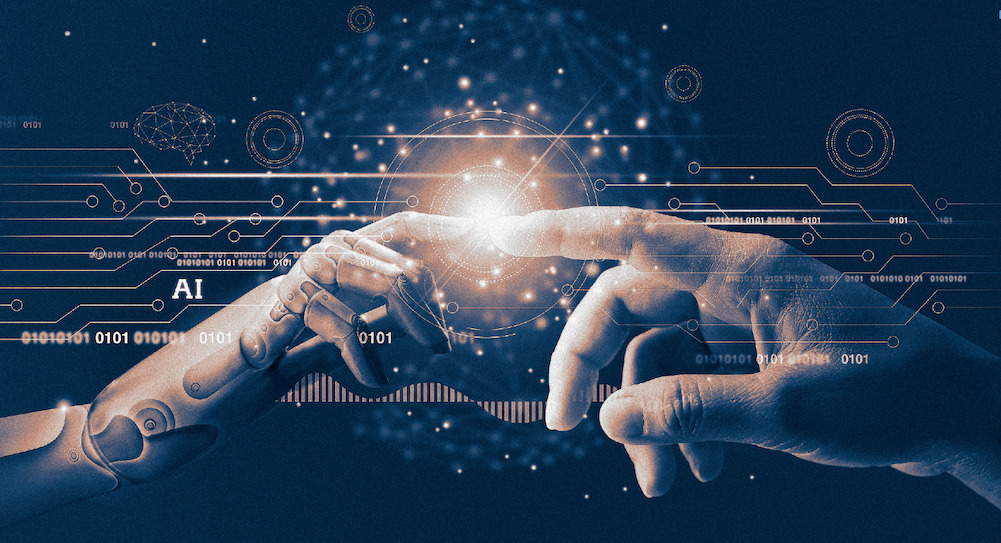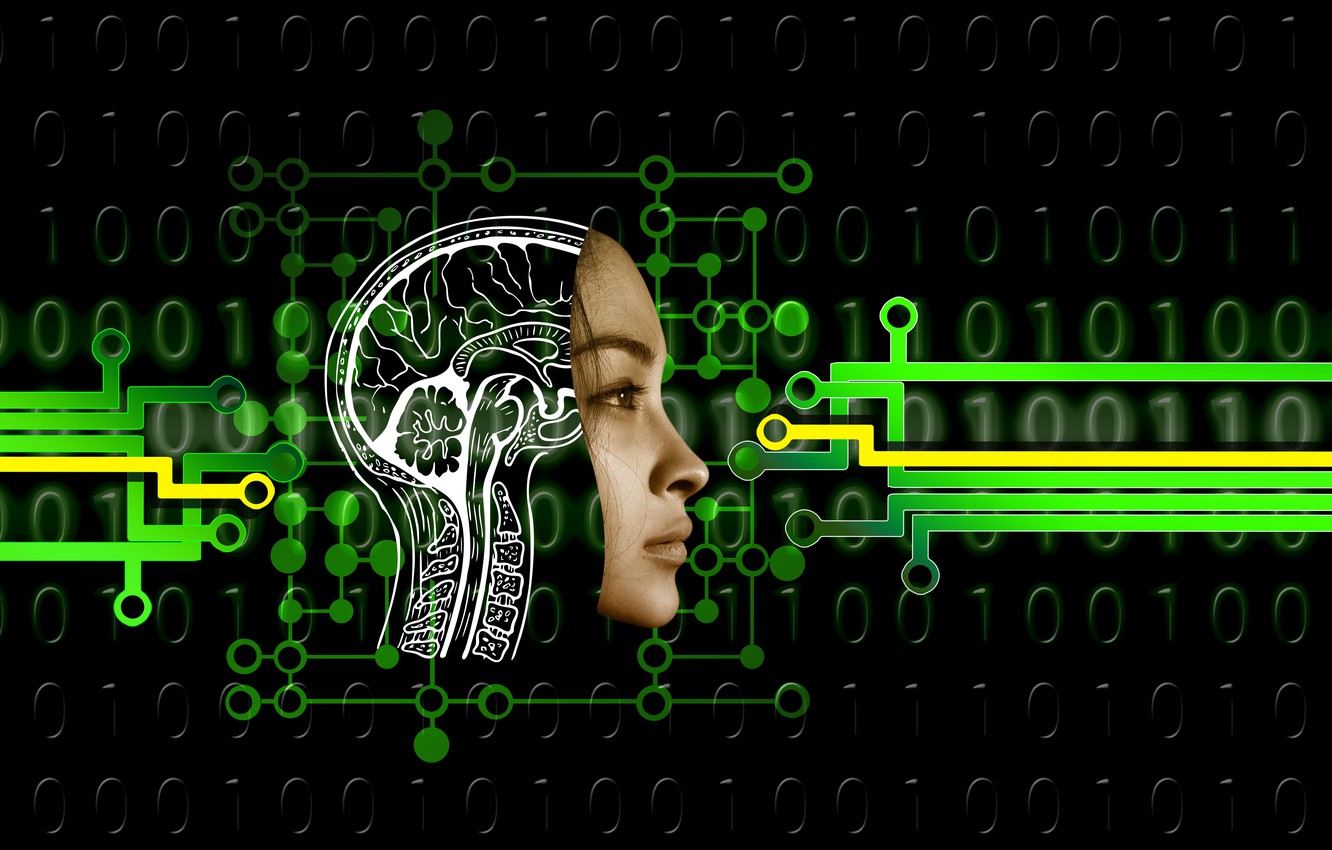Introduction:
Artificial intelligence (AI) has been a hot topic for several years now, and it continues to be so as the technology continues to advance at a rapid pace. AI is a branch of computer science that focuses on creating intelligent machines that can think, learn, and solve problems like humans. The use of AI is becoming increasingly widespread in many areas, including healthcare, finance, education, transportation, and more.
In this blog post, we will explore the impact of AI on our future, including the opportunities, challenges, and ethical considerations that arise as a result of this technology.
Opportunities:
One of the most significant opportunities presented by AI is its potential to revolutionize many industries. For example, in healthcare, AI can be used to analyze patient data and predict outcomes, leading to better diagnosis and treatment. In finance, AI can be used to analyze data and identify patterns that can help companies make better investment decisions. In transportation, AI can be used to improve the efficiency of traffic flow, leading to reduced congestion and improved safety.
Another significant opportunity presented by AI is its potential to create new jobs and industries. As AI becomes more widespread, the demand for AI experts will increase, leading to the creation of new job roles. Additionally, AI can be used to create new industries, such as personalized medicine, which uses AI to create customized treatment plans for patients based on their individual genetic makeup.
Challenges:
Despite the many opportunities presented by AI, there are also several challenges that must be addressed. One of the most significant challenges is the potential for AI to displace jobs. As AI becomes more widespread, it is likely that many jobs will become automated, leading to job losses in certain industries. It is essential that policymakers and business leaders work together to ensure that workers are retrained and have access to new job opportunities.
Another challenge presented by AI is the potential for bias and discrimination. AI algorithms are only as unbiased as the data they are trained on, and if the data contains bias, the algorithm will learn and perpetuate that bias. This can lead to discriminatory outcomes, such as in the case of facial recognition technology, which has been shown to have higher error rates for people of color and women.
Finally, there is a concern that AI could be used for malicious purposes, such as in the case of autonomous weapons. It is essential that policymakers and the international community work together to ensure that AI is used for the benefit of humanity and not to harm it.

“”Artificial intelligence is the future, but it will always require human intelligence to guide it towards the right direction.” – Unknown”
- Ethical Considerations:AI raises several ethical considerations that must be addressed. One of the most significant ethical considerations is the question of who is responsible when AI systems make decisions that harm humans. In the case of autonomous vehicles, for example, who is responsible if the vehicle is involved in an accident that results in injury or death?Another ethical consideration is the question of transparency. AI algorithms are often complex, and it can be difficult to understand how they make decisions. It is essential that AI systems are transparent, and that humans can understand how they make decisions.
Finally, there is a concern about the impact of AI on privacy. As AI becomes more widespread, it is likely that more personal data will be collected and analyzed. It is essential that individuals have control over their data and that it is used ethically and responsibly.
Conclusion:
AI is a technology that has the potential to revolutionize many industries and create new job opportunities. However, it also presents several challenges and ethical considerations that must be addressed. It is essential that policymakers, business leaders, and the international community work together to ensure that AI is used for the benefit of humanity and not to harm it. Ultimately, the success of AI will depend on our ability to address these challenges and ensure that AI is used responsibly and ethically.








